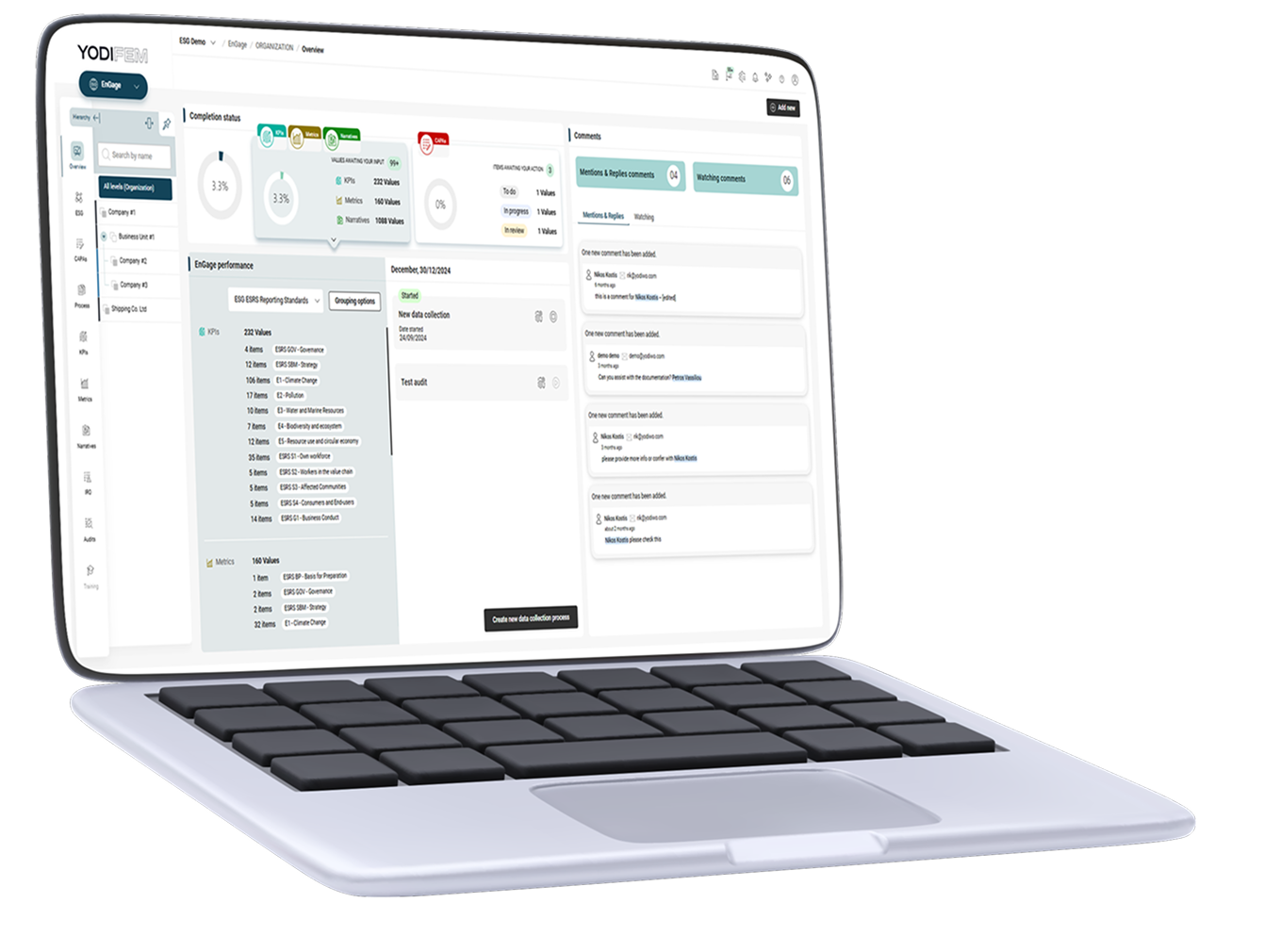Data analytics plays a central role in optimizing urban infrastructure by turning raw sensor and system data into insights that improve operational efficiency, reduce waste, prevent failures, and support long-term planning. It enables cities to make informed decisions in real time, identify inefficiencies, and predict future issues before they happen.
With data analytics, municipalities can:
-
Monitor infrastructure performance through KPIs
-
Predict when maintenance is needed
-
Allocate resources more effectively
-
Detect anomalies in usage or system behavior
-
Inform city planning and policy based on real-world trends
YodiCITY’s platform is built around data analytics as a core engine. Each module (TRAFFIC, WASTE, LIGHT, AIR, ENERGY) continuously collects data from IoT sensors and external systems (e.g., ERP, CRM, GIS) and feeds it into a centralized analytics environment.
Key capabilities include:
-
Real-time dashboards and alerts for each operational area
-
Predictive analytics (e.g., bin fill level forecasts, traffic congestion forecasting)
-
Custom KPI tracking based on city-defined performance goals
-
Heatmaps and spatial visualizations for identifying hotspots and inefficiencies
-
Data exports and integration with Power BI or other BI/reporting tools
-
Cross-domain insights for multi-variable optimization (e.g., linking lighting usage with traffic flow or air quality)
YodiCITY empowers cities not just to observe what’s happening—but to continuously improve how the city works, based on real-time and historical evidence.






